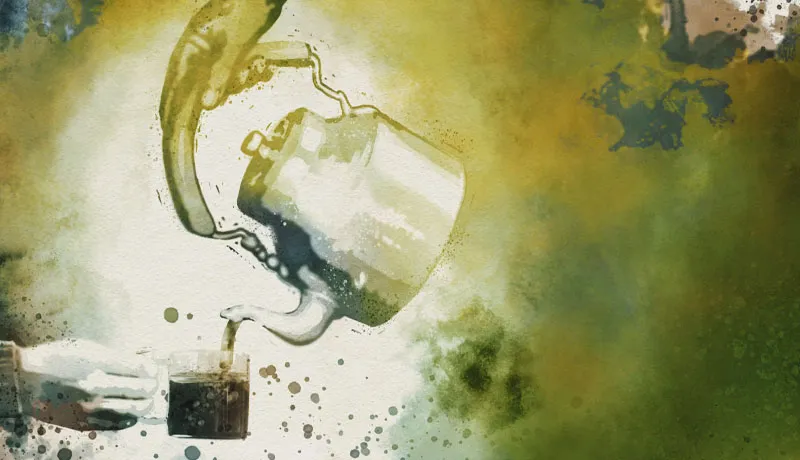3 minutes - Article
Protocol + the difference between an Elder and Knowledge Keeper
You may consider connecting with an Elder to support your healing journey. Elders have a lot of knowledge and wisdom about spirituality, ceremony, language, teachings and history. An Elder is a person who is recognized as an Elder by their community. Elders generally do not call themselves Elders.
Instead, when they speak, they refer to the Elders as the ones they studied with. With proper protocol, Elders can share the lineage of their teachings and their Elders. Elders study with their Elders to earn the right to pass on their knowledge. Elders can be any gender and any age.
You can do it!
If you would like to connect with an Elder, here are some ways you can:
- Ask your community and family if they know an Elder.
- Call Native Counselling Services of Alberta at 780-451-4002 – we work with Elders! Other local organizations around you, like your local Friendship Centre
- Once you find an Elder, ask if you can call them. It is always best to meet them in person. During Covid-19, many Elders are meeting by phone or video.
- Build a relationship with the Elder. Ask them about protocol and how it should be presented to them so that you can ask them specific questions.
When you offer protocol to an Elder, be mindful that they may not respond right away. If an Elder cannot meet the commitment asked for any reason, they may not accept protocol and may refer you to someone else.
What is protocol?
For some First Nations and Métis Elders, tobacco is the preferred offering. Tobacco is a sacred plant. It is important to ask about an Elder’s protocol as there are different protocols for different Elders. There are also specific protocols for certain questions and commitments. Other protocol may include: sweetgrass, sage, cedar, broadcloth. Tobacco is not part of Inuit cultural practices. Inuit Elders and Knowledge Keepers may ask for a small gift or another offering.
What’s the difference between an Elder and a knowledge keeper?
Elders and Knowledge Keepers are not the same. Knowledge Keepers are recognized and identified by Elders as having cultural knowledge.
Information taken from BearPaw Media and Education’s Wellness Guide for Indigenous Families
